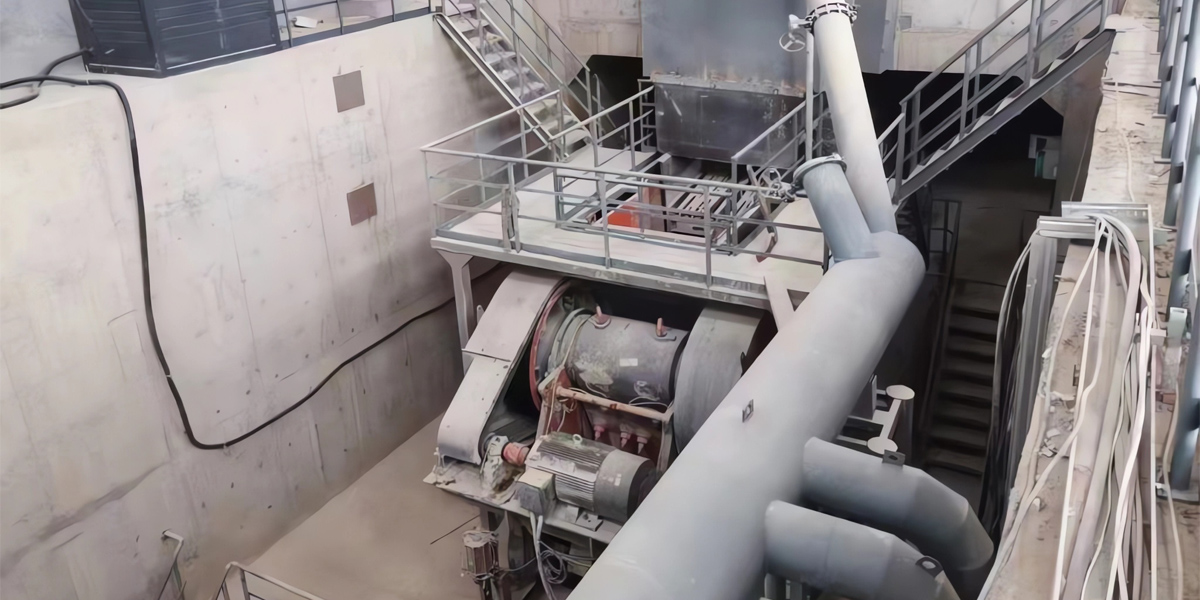How to choose jaw crusher

Choosing the right stone jaw crusher depends on various factors specific to your operation. Here’s a detailed guide on selecting a suitable jaw crusher for your needs:
1. Determine the Material Hardness and Characteristics
- Material Hardness: Jaw crushers are ideal for harder materials (e.g., granite, basalt, and other hard rock). They can handle tough materials with a high compressive strength.
- Material Characteristics: Check if the material is abrasive or sticky. Some jaw crushers come with options to handle more abrasive materials.
2. Consider the Feed Size and Output Requirements
- Feed Size: Different jaw crushers have different maximum feed sizes. Choose a jaw crusher that can handle the size of raw material you’ll be feeding into it.
- Output Size: Decide on the final product size you want. Jaw crushers are generally used for primary crushing, providing a coarse output. However, some models offer adjustable settings to achieve finer outputs if needed.
3. Production Capacity Needs
- Choose a jaw crusher with a production capacity that matches your needs. Jaw crushers are rated in tons per hour. For small operations, you might need a crusher with a capacity of 20-30 TPH, while larger projects might require a crusher with a capacity of over 100 TPH.
- Consider any potential increase in demand in the future and whether the crusher can handle a higher capacity if required.
4. Check the Crusher’s Design and Features
- Single Toggle vs. Double Toggle:
- Single Toggle Jaw Crushers are lighter, more compact, and suitable for smaller operations or mobile use.
- Double Toggle Jaw Crushers provide greater crushing force and are better suited for very hard and abrasive materials.
- Adjustable Settings: Look for crushers with adjustable settings that allow you to change the output size easily, which can be beneficial if your requirements vary over time.
- Automation Options: Some modern jaw crushers come with automation options for easier adjustment and monitoring, helping reduce downtime and maintenance.
5. Consider Durability and Wear Resistance
- Quality of Materials: The durability of the jaw plates and other components is crucial, especially for tough, abrasive materials. High-quality jaw plates reduce wear and tear, resulting in lower operational costs.
- Maintenance Needs: Choose a jaw crusher with easily replaceable parts and a user-friendly design that allows for simple maintenance, as regular maintenance is essential for efficiency and longevity.
6. Energy Efficiency
- Jaw crushers vary in their power consumption. Consider models that balance efficiency with performance, as this can significantly affect operating costs over time.
- Some jaw crushers come with energy-saving technologies, which may have a slightly higher upfront cost but save on electricity bills in the long run.
7. Portability Requirements
- Stationary Jaw Crushers: Suitable for fixed locations, such as quarries or large mining sites where the crusher stays in place for a long time.
- Mobile Jaw Crushers: Ideal for projects that require mobility or when you need to move the crusher between sites. Portable jaw crushers are mounted on a chassis and can be towed by a vehicle.
8. Budget and Total Cost of Ownership
- Initial Cost: Higher-end models may cost more initially but offer better durability, efficiency, and features that can lower operational costs.
- Operational and Maintenance Costs: Look at the overall cost, including maintenance, energy consumption, and replacement parts. A slightly more expensive but more durable model may save money in the long term.
9. Choose a Reputable Supplier
- Select a jaw crusher from a well-known manufacturer with a good track record. Reputable brands often provide better warranties, customer support, and spare parts availability.
- Look for suppliers that offer after-sales support, technical assistance, and on-site training, which can be beneficial for maximizing the crusher’s performance.
Summary of Key Considerations:
- Material type and hardness (hard, abrasive materials favor a stronger jaw crusher)
- Feed size and output size
- Production capacity and potential future scalability
- Crusher design (single toggle vs. double toggle, automation options)
- Durability and ease of maintenance
- Energy efficiency and cost of ownership
By carefully evaluating these factors, you can select a stone jaw crusher that best suits your specific operational needs, ensuring efficient and reliable performance over time.
